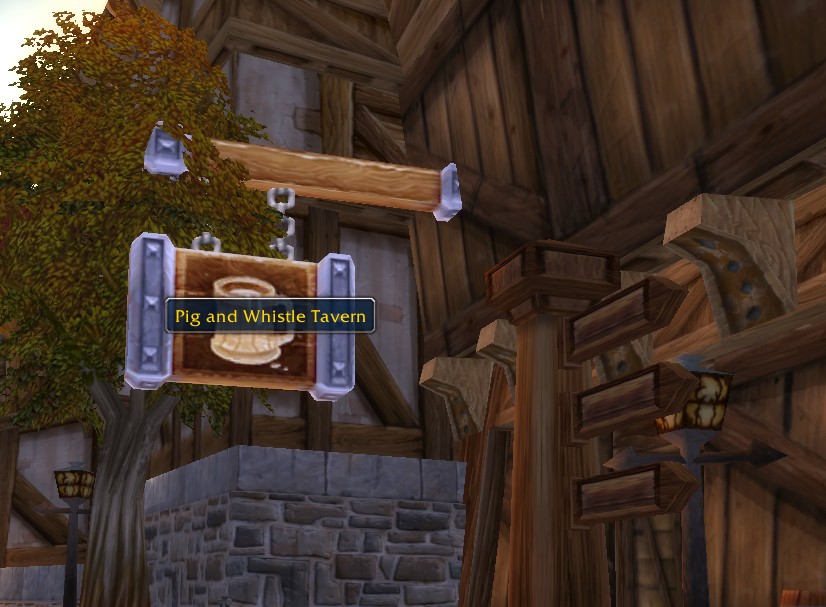

The origin of the superstition is unknown. Having bananas on a ship, especially on a private boat or fishing yacht, is considered bad luck.

It is considered very unlucky to kill an albatross in Coleridge's poem, the narrator killed the bird and his fellow sailors eventually force him to wear the dead bird around his neck. The albatross as a superstitious relic is referenced in Samuel Taylor Coleridge's well-known poem The Rime of the Ancient Mariner. On a related note, it was considered bad luck to have women on board, due to the potential for distractions which in turn would anger the sea gods and cause bad weather. Sirens supposedly "lured mariners to their deaths with their melodious, enchanting song", while "Scylla sent countless sailors to the depths of the sea." denarius minted by Sextus PompeiusĪnother mythological creature, the Scylla, is a similar female sea demon that is both dangerous yet beautiful. Scylla on the reverse of a first century B.C. In another myth, Hera, queen of the gods, persuaded the Sirens to enter a singing contest with the Muses, which the Sirens lost out of their anguish, writes Stephanus of Byzantium, the Sirens turned white and fell into the sea at Aptera ("featherless"), where they formed the islands in the bay that were called Souda (modern Lefkai). In the Odyssey, the hero Odysseus, wishing to hear the sirens' seductive and destructive song, must protect himself and his crew by having his fellow sailors tie him to the mast and then stop their own ears with wax ( see image). They were portrayed in both Greek and Roman mythology as sea deities who lured mariners, and in Roman lore were daughters of Phorcys. Sirens were mythological, often dangerous and beautiful, creatures, portrayed as femmes fatales who lured nearby sailors with their enchanting music and voices to shipwreck on the rocky coast of their island. The Siren, by John William Waterhouse (circa 1900), depicted as a fish-chimera. In 18th century New England, rolling clouds and roaring waves were thought as bad omens, so sailing on days under such conditions was considered inadvisable. This may be related to the superstition to remove all Christmas decorations by Candlemas, a practice done well into Victorian times. Sailors are often reluctant to set sail on Candlemas Day, believing that any voyage begun then will end in disaster. ) This superstition is the root of the well-known urban legend of HMS Friday.

The Dies Infaustus, on which old seamen were desirous of not getting under weigh, as ill-omened. In the 19th century Admiral William Henry Smyth, writing in his nautical lexicon The Sailor's Word-Book, described Friday as However, this superstition is not universal. Unlucky days įriday is considered to be an unlucky day in some cultures, and perhaps the most enduring sailing superstition is that it is unlucky to begin a voyage or 'set sail' on a Friday. Redheads and women are also to be avoided as passengers. Clergymen are considered bad luck, as they are all of Jonah's ilk. Although, if there is a red sky, Sun, or clouds at night, there will be clear skies, soft or no winds, and you have a good day ahead of you.Ī "Jonah" is a long-established expression among sailors, meaning a person (either a sailor or a passenger) who is bad luck, which is based on the Biblical prophet Jonah. Basically, this means if there is a red sky, Sun, or clouds at morning, it might mean there will be a storm, or severe winds will come. Conversely, in order to see red clouds in the evening, sunlight must have a clear path from the west, so therefore the prevailing westerly wind must be bringing clear skies. If the morning skies are red, it is because clear skies over the horizon to the east permit the sun to light the undersides of moisture-bearing clouds. This saying actually has some scientific validity, although it assumes storms systems will approach from the west, and is therefore generally correct only at mid-latitudes where, due to the rotation of the Earth, prevailing winds travel west to east. "Red Sky at night, Sailors delight Red Sky in the morning, Sailors take warning." It may also be said as "Red at morning, Sailors warning Red at night, Sailors delight," or "Red sky at night, Sailor's delight Red sky at morn, Sailor be warned." Sailors are taught if the sunrise is red to take warning. By far the best known sailors' superstitions involve bad luck.


 0 kommentar(er)
0 kommentar(er)
